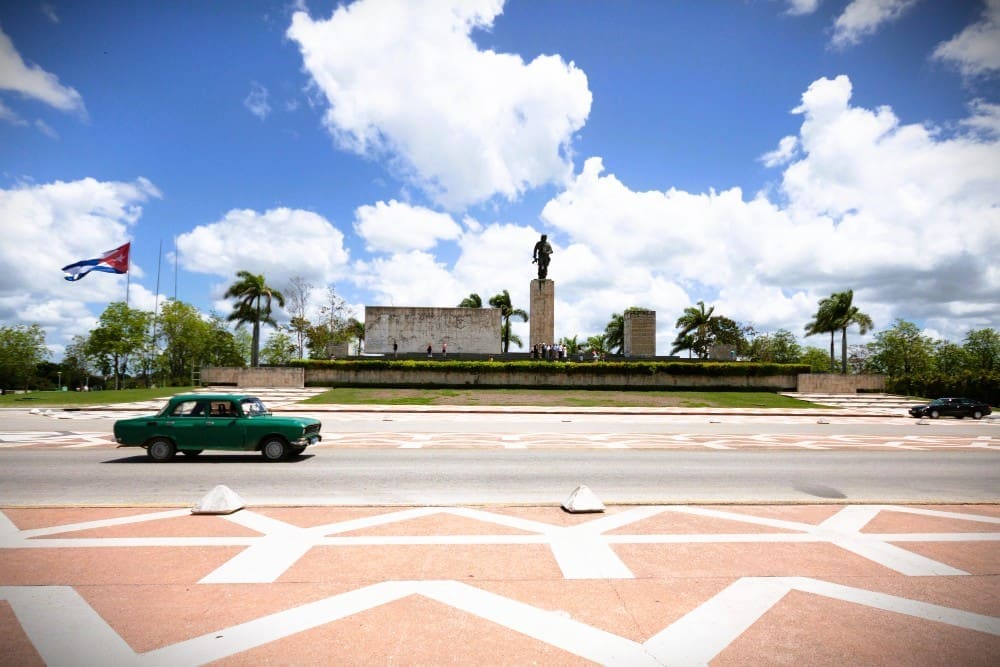In a significant development on Wednesday, Cuba has begun releasing a group of prisoners, most of whom were incarcerated for their involvement in the anti-government protests of July 2021. This move was communicated by a human rights organization and confirmed by former prisoners themselves.
The Cuban government has initiated the gradual release of 553 prisoners, a gesture aimed at aligning with the Jubilee Year—a Catholic celebration of reconciliation that commenced this January—and in response to calls from Pope Francis. The release coincides with the outgoing Biden administration’s decision to remove Cuba from the list of state sponsors of terrorism, a designation that had resulted in severe financial and economic challenges for the country.
Reyna Yacnara Barreto Batista, a 24-year-old former prisoner from Camagüey, was among those released. Speaking with The Associated Press, she explained that she and eight other men, all detained due to the protests, were given their freedom documents. The Cuban Human Rights Observatory has verified the release of Barreto Batista and listed 14 individuals who have been freed.
On official Cuban television, Marcela Sosa, vice president of the Supreme People’s Court, clarified that the releases are not amnesties or pardons, as they do not nullify the legal sentences. The freed prisoners are granted early release benefits, even those involved in varied offenses like property crimes or theft.
Barreto Batista, who served a four-year sentence for participating in the 2021 protests, recounted her unexpected release during the early hours, expressing her family’s joy. However, she noted that their freedom comes with restrictions, as their sentences remain legally binding, limiting activities such as requesting passports or leaving the country.
According to Anamelys Ramos, an art curator and friend of detained activists like Luis Manuel Otero Alcántara and rapper Maykel Osorbo, the situation remains uncertain for others still imprisoned. Justice 11J, a non-governmental organization, reports that 554 individuals continue to be detained in connection with the 2021 demonstrations. Subsequent, smaller protests between 2022 and 2024 have led to additional arrests.
Historically, Cuba has offered similar humanitarian releases, such as in 2011 when then-President Raúl Castro granted freedom to approximately 2,900 prisoners, primarily those who were elderly, ill, or young with good behavior records. Another round of releases in 2015 freed 3,500 non-political prisoners ahead of Pope Francis’s visit.
The recent releases mark a notable step by the Cuban government, reflecting a potential shift in its approach to addressing past protest actions while navigating complex international relations. However, the continued detention of many individuals indicates that challenges remain in fully resolving issues related to civil unrest.








